May 26, 2020
Free Credit Score Apps: What You Need to Know
It doesn’t cost anything to stay on top of those three important numbers.
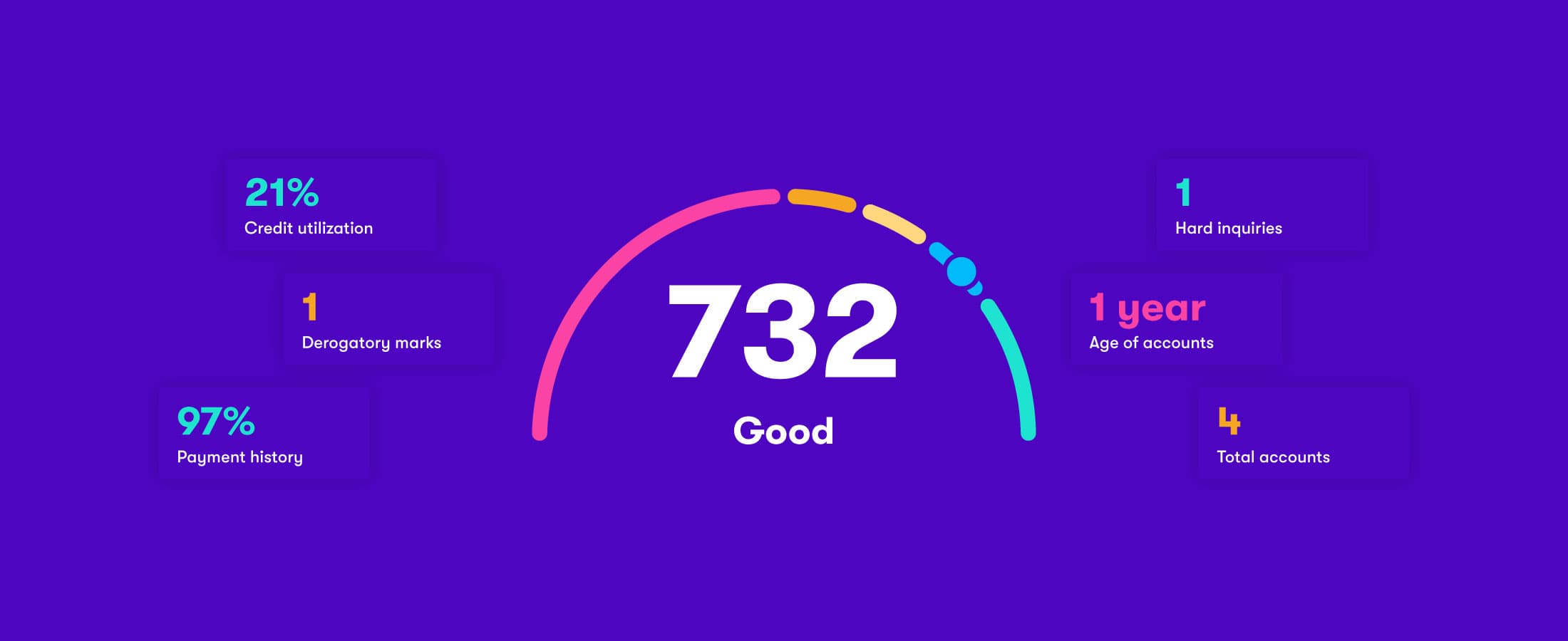
In this article:
The words “credit score” may provoke a few feelings. If you’ve got a low score, you may feel stressed and worried – perhaps eager to use a credit monitoring app to help you improve your rating, or averse to even thinking about it, much less installing it on your phone.
If you’ve got a high score you may feel proud, as it likely took some effort to maintain that status. You may want to install an app to help you stay on top of your score. And if you don’t even know what a credit score is, well, don’t worry—Stash Learn is here to help.
Knowing your credit score is important because it helps you have a sense of what is possible financially—what loans you can expect to get for a home or car, for example. It also gives you a snapshot of your financial behavior, helping you see where you can improve.
And, finally, it’s necessary knowledge because if the credit score seems oddly low, it may point you in the direction of identity theft that could negatively affect your life in other ways. Numerous apps claim they can help you stay on track financially by staying on top of your credit report. We’ve decided to only review the free apps because, hey—we’re all trying to make better financial choices here, right?
We’ll get into a review of different apps in a moment, but first, let’s make sure we’ve got our terminology down. As this primer on building a credit history explains, credit score is not the same as a credit history: “your credit history is the sum of all the transactions that have been reported to credit bureaus in your name over the years; these are all recorded in your credit report.”
Your credit history helps credit bureaus create a credit score for you. Basically, they grade you on a few factors: how many credit cards you have, how large a portion of your available credit you use, how timely you are with your payments, and more. In theory, this helps future lenders assess the risk you pose to them.
Think of it this way: if your cousin who always pays her bills on time asks you if she can borrow $200, and your cousin who never pays his bills on time asks you the same, to whom are you more likely to lend that cash? In your mind, at least, cousin numero uno appears to pose a lower risk.
FICO Score, what is it?
You may have heard the term “FICO Credit Score,” which refers to a few different scores developed by Fair Isaac Corporation in 1989. There’s the FICO Score 8, a general grade of your credit history.
Then there’s the FICO Auto Score, the FICO Bankcard Score, and more. Base FICO Scores range from 250 to 850. According to FICO, scores consist of the following elements:
Payment history: 35%
Amounts owed: 30%
Length of credit history: 15%
New credit: 10%
Credit mix: 10%
There is also a popular credit-scoring model called VantageScore, which ranges from 300 to 850. It was created in the 2000s as a joint venture of the three major credit bureaus: Experian, Transunion, and Equifax.
Each bureau is required by law to give you a free credit report every twelve months at your request. Scores from bureaus and from the apps mentioned below vary depending on whether they’re pulling a FICO Score or a VantageScore. Other scoring models exist, but the aforementioned two are the most popular.
Confused yet? It’s okay. You’re certainly not alone. That’s why Stash Learn has an array of educational materials on the subject. You can learn about which states’ residents have the best average credit scores, how to improve your credit score, how to freeze your credit, and much more.
Now, on to these apps. They’ll all want some version of the following information: your name, address, birth date, email, and last four digits of your social security number, as well as answers to certain security questions to confirm your identity. And if you’re wondering why they’re free, it’s because they’re using this as a vehicle to sell you loans and credit cards. It’s not a charitable service, to be sure.
Scores for each app may be updated as often as once a week, though typically it seems to be refreshed at least once a month.
4 Free credit score apps
Credit Karma helpfully offered me five tips on how to improve my credit, gave me the option of checking my credit card balances and reviewing my payment history, and encouraged me to look for errors on the lists of my credit accounts. It also allowed me to simulate my future score in a beautiful theoretical world where I’ve paid off a significant chunk of my credit card balances. It displayed my Transunion and Equifax scores, which differed by over 60 points.
This app was very similar to Credit Karma, with the added bonus of scaring the hell out of me by warning me about people accessing my info from the dark web (yes, I changed some passwords.) It provides your VantageScore 3.0 credit score from Transunion. It also sends you any credit alerts from Transunion or Experian and tracks the use (or misuse) of your social security number.
Experian asked me for my astrological sign. That was a first, at least from a personal finance app. It also gave me my FICO Score 8 and tried to sell me a few (not great) credit cards. Then it tried to get me to obtain an “Experian Boost,” effectively gaming its own system by adding my utility and phone payment history to my credit file—what it calls “non-traditional credit information.”
It’s not a bad idea, necessarily, depending on your appetite for giving out even more information to such an entity. And it could, in theory, boost your score by a few points if you’ve been great at paying those bills on time.
Equifax appears to only have a Lock and Alert app at this time. You can also use myTransunion but apparently just to freeze your Transunion report.
Mint2
I’ve used Mint for several months to track my expenses. It also regularly updates my TransUnion VantageScore, and it’s useful. Mint isn’t great at “remembering” categories for expenses, and I’ll often find I’ve changed an expense category only to have it changed back by the time I log in again. That’s annoying, but the credit score reporting is always useful.
I think the best option is Mint—it offers the largest variety of functions. Why have separate budgeting and credit monitoring services when you’ve got an all-in-one option? Sure, Mint’s app doesn’t offer the specificity that Experian’s does. But you can always write down a calendar reminder to request your three credit reports once a year, at which point you can scan them for errors and call the individual bureaus to correct them.
Good luck, and try not to obsess over it—making small changes to your financial life can add up to improving your credit score rather swiftly. Make your credit card payments on time, don’t apply for new cards or loans frequently, and do your best to rely on cash and your debit card rather than your credit cards. You can do this.
If any of this feels scary, take a deep breath. It’s going to be okay. Avoid the trap of paying for services that claim they can “fix” your credit score for a fee. Take the time to look at your credit reports to check for errors.
If the thought of looking at an app makes you fear obsessing over it, consider signing up, checking it, deleting the app (but not deleting your profile) and reinstalling once a month to check. You can even set a calendar alert for yourself to do so. Just remember to write down that login information somewhere safe where you’ll remember it.
And you can improve your credit score with time and effort. You got this.

Investing made easy.
Start today with any dollar amount.
Related articles
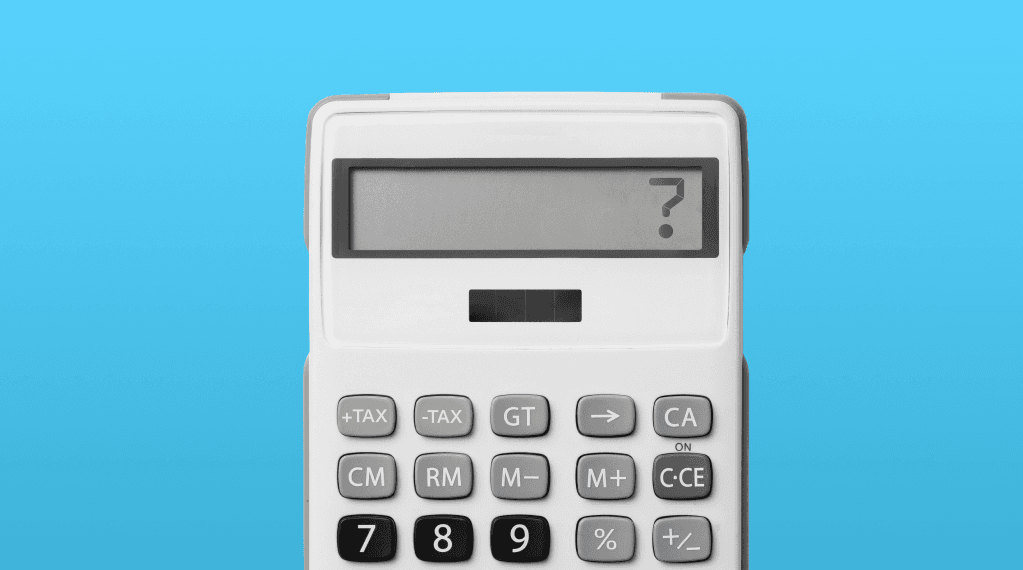
borrowing
Oct 14, 2024
How To Use Personal Loans

borrowing
Oct 07, 2024
Cash Advances vs. Personal Loans: Which is Better?

borrowing
Oct 07, 2024
How To Use Cash Advances
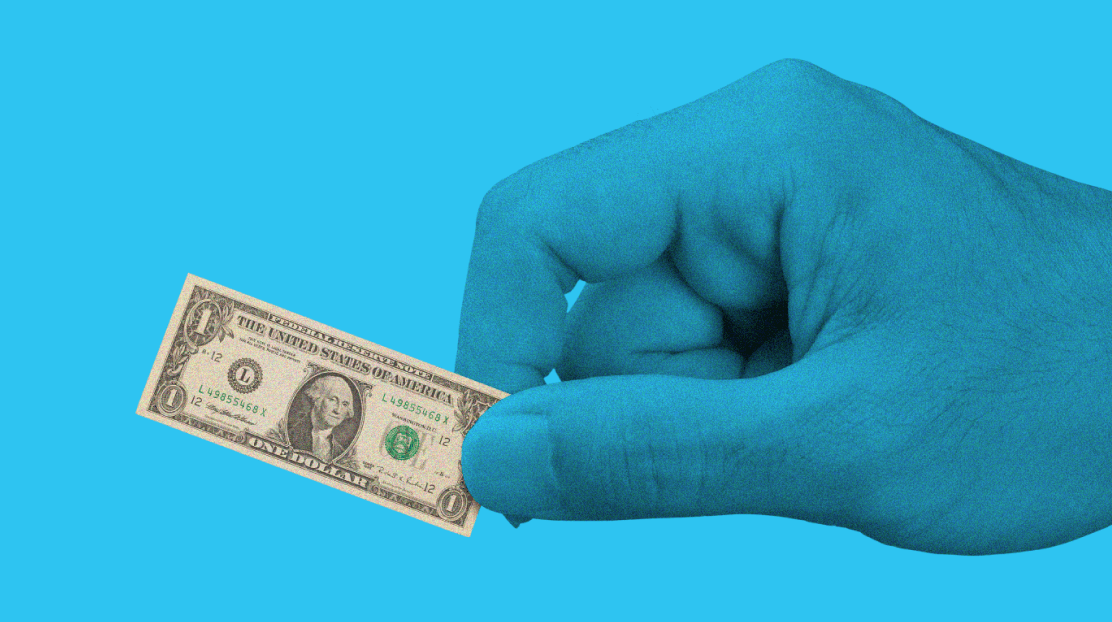
borrowing
Oct 07, 2024
How To Pay Off a Cash Advance Quickly
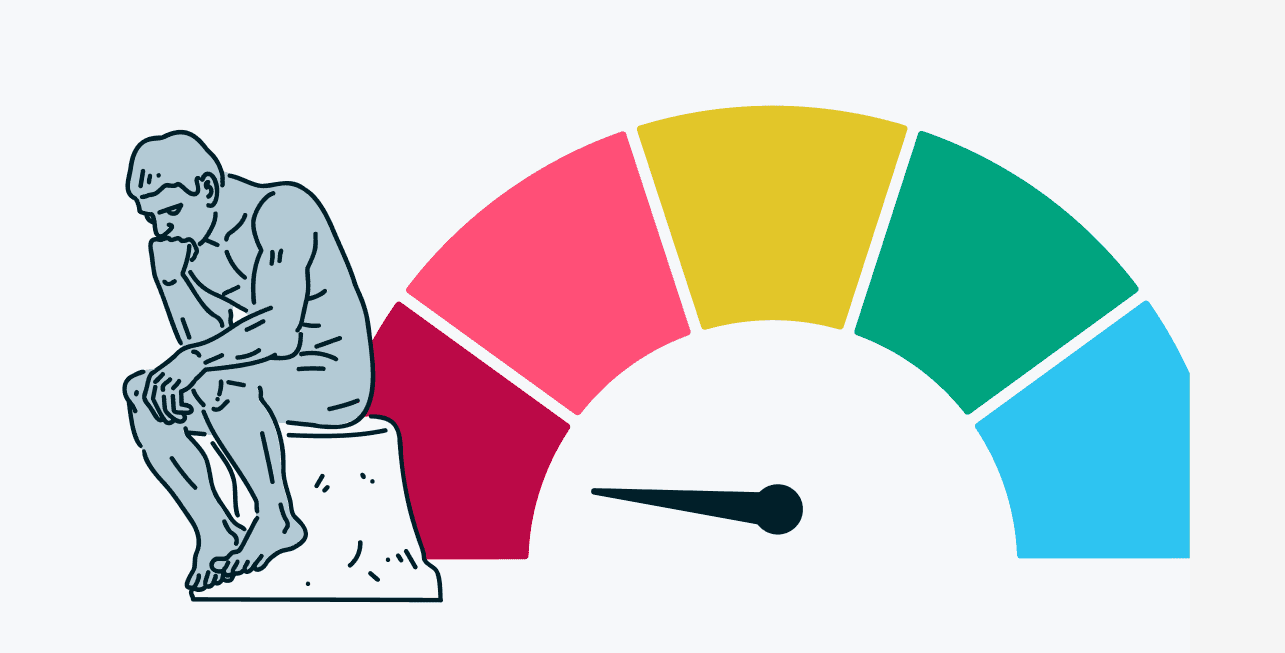
borrowing
Oct 07, 2024
What To Know Before Taking a Cash Advance
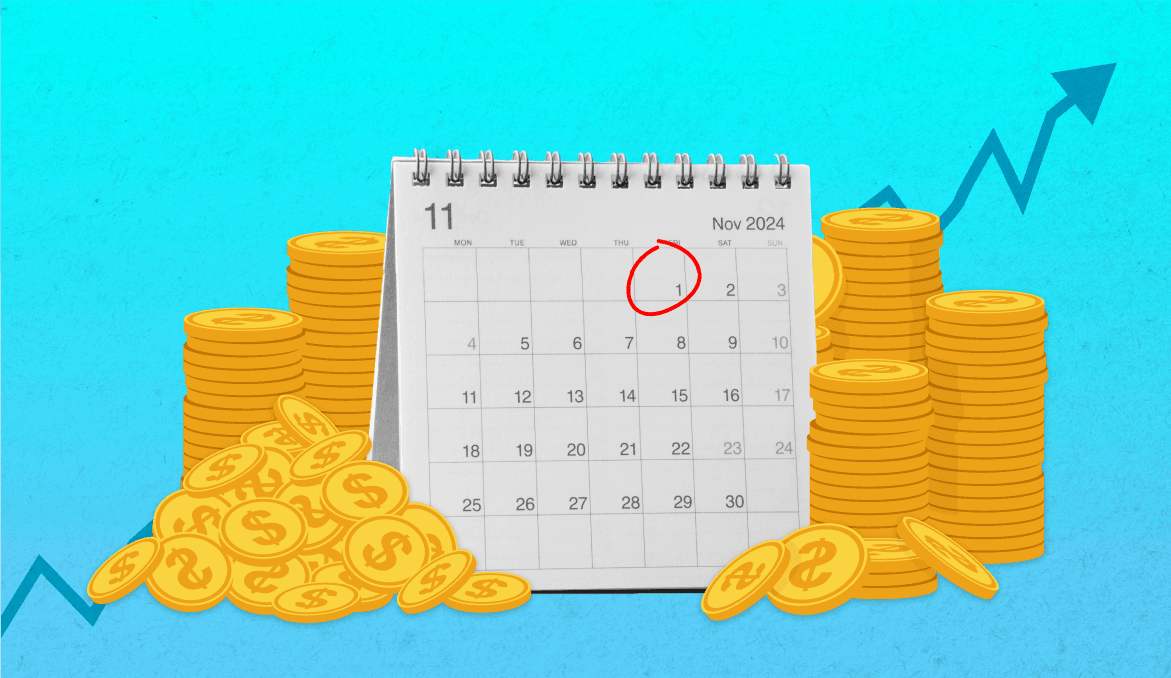
borrowing
Oct 07, 2024
How to Avoid Cash Advance Fees
By using this website you agree to our Terms of Use and Privacy Policy. To begin investing on Stash, you must be approved from an account verification perspective and open a brokerage account.
